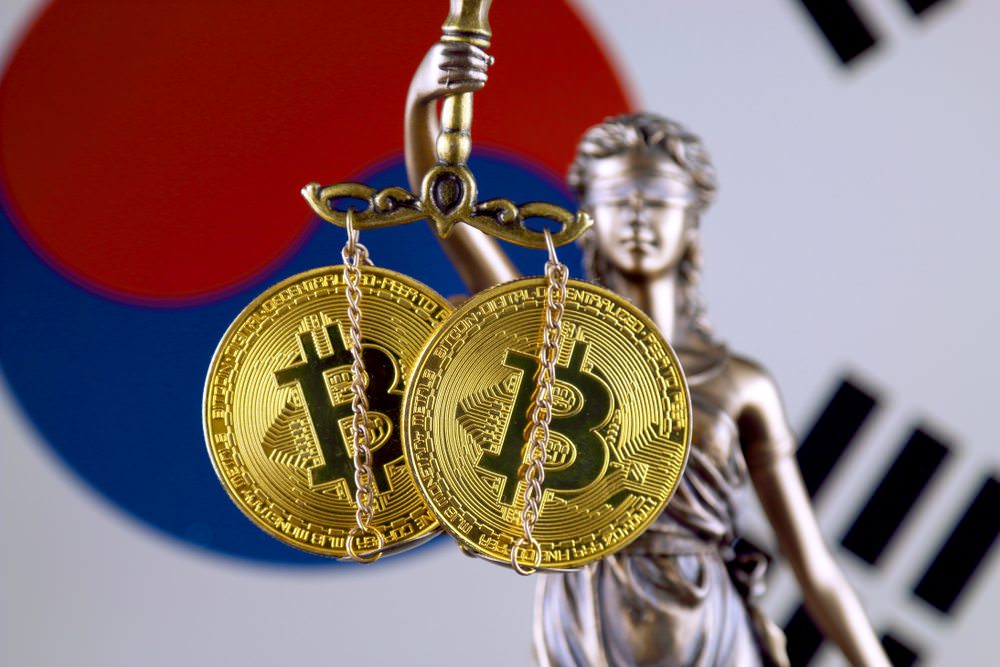
The issuance of new cryptocurrencies, which were banned in South Korea six months ago, has returned to the country via overseas listings for local trading. ICON (ICX), which is being called ‘Korean version of Ethereum’, was issued in Switzerland and is leading the new trend.
Foreign-Issued Cryptocurrency Allows South Korean Startups to Bypass Legislation
South Korea banned initial coin offerings (ICO’s) in September 2017. Market watchers in the country have been since calling for a lift of the ICO ban in order to finance the development of blockchain projects. The ban on ICOs, however, is failing to produce the desired results as blockchain-based startups in South Korea are going around the legislation by raising money through initial coin offerings overseas.
Icon, also known as the ‘Korean version of Ethereum’, was issued in Switzerland and South Korea’s regulatory bodies are unable to stop this method from happening again as they have no permission to look into companies records for overseas funding.
In response, the country is reaching out to Japan and China to explore regulatory cooperation within the Asian market. South Korea’s Financial Supervisory Service has also asked companies within its jurisdiction to report on their overseas ICOs.
The rise of foreign-issued cryptocurrencies seemed to be inevitable for many as the market adapts to regulation by looking elsewhere to raise funds. About a dozen South Korean companies have done ICOs overseas already, including an affiliate of corporate giant Hyundai Group, one of South Korea’s largest conglomerates, which has launched the Hdac coin, in Switzerland.
Medibloc, a redistribute scattered healthcare information startup, raised $21.2 million from healthcare industry officials and venture capital funds. Lee Eun-sol, co-founder of the company chose Switzerland to launch the initial coin offering as South Korea blocks these fundraisers.
“We have to establish an overseas branch, hire workers there, spend a huge amount of money for all the paperwork needed, and often have to fly there to take care of things, making it just so inconvenient.”
Foreign-issued cryptocurrencies of South Korean companies serve as proof that the country’s regulatory approach didn’t work and the process is costly for the economy. The digital currency ecosystem in Korea awaits the government’s next move.
Image from Shutterstock
